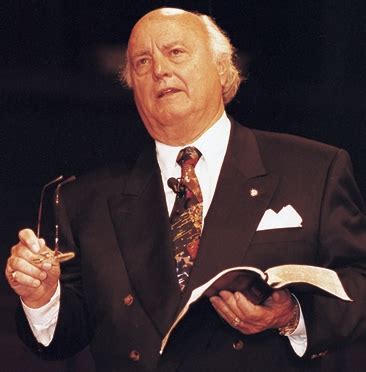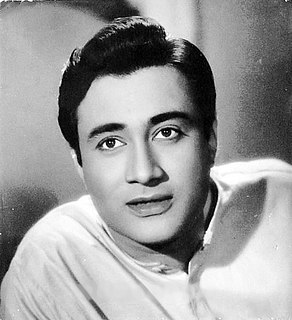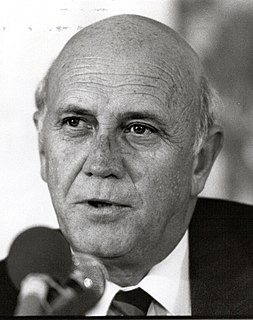A Quote by John Kleinig
It is odd that a value/virtue that plays such a central role in dramatic literature has played such a small role in philosophical writing. There are probably a number of reasons, but I think that a predilection for a certain kind of individualism is a major one. Others might include the fashionability of consequentialism, the idea that loyalty has more to do with sentiment than reason, as well as its proneness to corruption. The revival of interest in virtue/character as distinct from rules/principles has also created space for a renewed, if hesitant, interest in loyalty.
Quote Topics
Also
Central
Certain
Character
Consequentialism
Corruption
Created
Distinct
Dramatic
Hesitant
Idea
Include
Individualism
Interest
Kind
Literature
Loyalty
Major
Might
More
Number
Odd
Others
Philosophical
Played
Plays
Principles
Reason
Reasons
Renewed
Revival
Role
Rules
Sentiment
Small
Space
Than
Think
Value
Virtue
Well
Writing
Related Quotes
Whistleblowing constitutes a nice test case for the evaluation of loyalty. Loyalty also appears at the intersection of many major philosophical debates: general ones such as those between consequentialism and deontology, reason and feeling, virtue and principle, as well as more specific ones such as nationalism and patriotism, morality and obedience, particularism and universalism.
In later years, when I started working in police ethics, I was professionally drawn back to the topic but as well was better able to see two sides to loyalty - its importance for certain central human relations such as friendships, but also its corruptibility in the sense that loyalty could be invoked against other moral constraints: it sometimes function as something of a moral Trojan horse, undermining other moral considerations.
Sanctions kept us on our toes, it made us realize that we were drifting into a situation of growing isolation so I wouldn't go as far as to say sanctions didn't play a role but if I were to put on a scale, the issues of conscience played a much greater role than the sanctions. We could have withstood sanctions for many more years. We became experts in circumventing sanctions... So sanctions played a role but it wasn't the major role.
I'm still committed to the socialist idea because the socialist idea, correctly understood, includes the principles of freedom and social justice. It also includes the recognition of the value of democracy. When we speak about social justice, it means that freedom should be used not only in the interest of profit but also in the interest of the advancement of the people who create all values.
I grew up in a home in which loyalty to family was central to my father's outlook. Adolescent changes to my outlook (which set me against parental values) made me very critical of loyalty, reinforced by certain religious writers I found influential at that time. Harry Blamires, The Christian Mind. But I remained conflicted about loyalty.
If loyalty is, and always has been, perceived as obsolete, why do we continue to praise it? Because loyalty is essential to the most basic things that make life livable. Without loyalty there can be no love. Without loyalty there can be no family. Without loyalty there can be no friendship. Without loyalty there can be no commitment to community or country. And without those things, there can be no society.




























